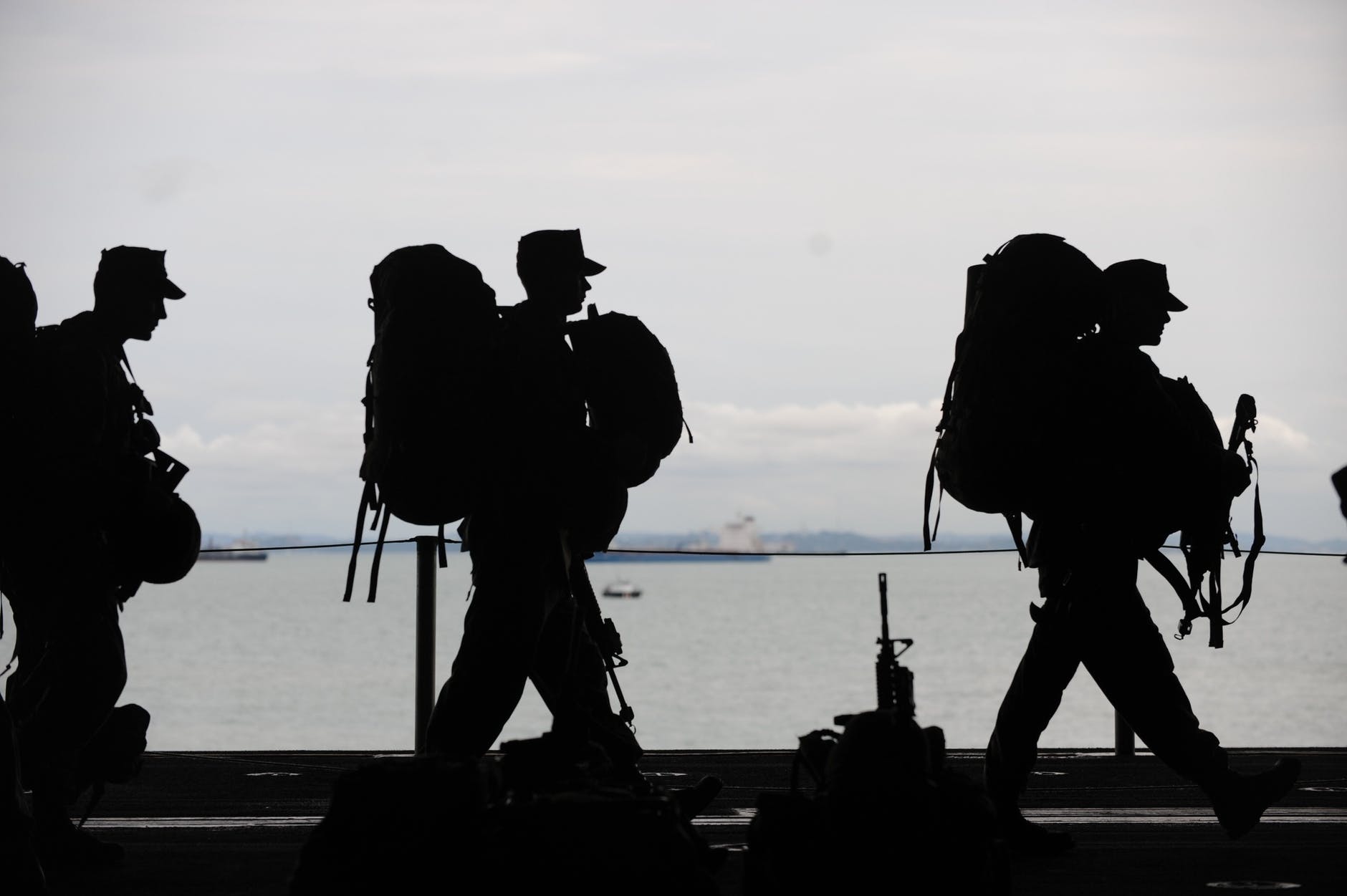The Cuban Missile Crisis
Introduction
• In the 21st centrury the state of Global Politics seems to many as the worst it has ever been and it is certainy not unimaginable that a major global conflict (possiobly nuclear) would break out any second.
• This was, in fact, the harsh reality for millions of people across the globe in the 45 years that followed WW2, now known as the Cold War fought between the United States of America and the former Union of Soviet Socialist Republics (USSR). But perhaps no point in this silent conflict was as dreadful as the 13 days of the Cuban Missile Crisis in 1961.
• After the end of the World War II, the world was left with two global superpowers who had very different political systems, the USA and USSR.
• While the two powers did not engage in direct conflict, they often supported and aided opposite sides in proxy warfare in conflicts that included (but were certainly not limited to) the Vietnam War and the Korean War.
The Build-Up
• In 1961 the US government launched an invasion into Communist Cuba with the ultimate goal to overthrow the government of Fidel Castro. This was called “The Bay of Pigs Invasion”.
• To the disappointment of the United States, they faced a humiliating defeat against the Cuban army and were forced to withdraw their troops after 100+ soldiers died and 1,200 surrendered.
• The US had missiles in Italy and Turkey prior to the Cuban Missile Crisis, which they claimed were there for “peaceful purposes”. This annoyed the USSR who were well in range of a nuclear missile attack organized by the US army.
• After the failed attack at the Bay of Pigs, Cuba turned to their red comrade, the USSR for help, which the then Soviet Premier, Nikita Khrushchev, was more than pleased to hear.
• Khrushchev secretly deployed missiles in Cuba not only to protect the island but also to counteract the threat by Turkey and Italy.
• By the time US intelligence discovered this plan it was far too late as the materials for the missile had already touched down on the communist island.
• Following this, American military advisors insisted on a full-scale invasion into Cuba. However, the sitting president at the time, John F. Kennedy, wanted to make a more careful move.
• JFK announced that a naval blockade carried out by the US navy would intercept all shipments to the communist island.
• The only problem with this was that Nikita Khrushchev (former Premier of the USSR) took this as a declaration of war.
• JFK insisted that this blockade was not in fact an act of war but in his own words “a quarantine” (that didn’t age well and neither did JFK).
• The still infuriated Khrushchev felt that the violation of freedom to use international waters and international airspace is an act of aggression, which pushes mankind towards the abyss of a world nuclear missile war.
• Obviously, the United States requested Cuba and the Soviet Union to remove their missiles, but the Communists said it was only for “peaceful purposes”. (How the tables turned!)
• On October 27th, a spy plane flown by Major Rudolph Anderson was shot down by a Soviet missile while on a routine inspection of Soviet airspace.
• Meanwhile, the US Navy sent a small depth charge to a Soviet submarine (while on a routine breach of American waters) to signal it to come up.
• The navy men on the ship pressumed that war had broken out and took it upon themselves to react, with nuclear force.
• 2 of the 3 captains on board consented to the launch of a nuclear torpedo. However, the third officer, Visilli Arkhipov, refused to launch the missile and saved the day, and possibly the war.
• The United States was still enraged and, for the first time ever, moved into Def Con 2 (for reference, Def Con 1 is all-out Nuclear War). The US was prepared to fight out another major global conflict and the possibility of WW3 was a whisker away.
Crisis Averted
• The resolution of the Cuban Missile Crisis may be credited to Soviet Ambassador Anatoly Dobrynin and US Attorney General Robert Kennedy who diplomatically agreed on a proposal after tense hours of negotiation in secret.
• The deal was that the US remove their missiles from Turkey and Italy and agree to never invade Cuba, in exchange for the Soviets backing out of Cuba (with their missiles) under the supervision of the United Nations.
• Dobryin contacted his superiors at Moscow and told them the news. The very next day, at 9.00 a.m, Nikita Khruschev ordered the removal of missiles from Cuba and this concluded the Cuban Missile Crisis.
Post-Crisis
• Both the American and Soivet media criticized their leaders for bargaining with the enemy. However, we as spectators of this historic conflict, can certainly look back at this and agree that it was undoubtedly one of the most important agreements of the Cold War.
• The distressing lesson is that if Visilli Arkhipov had agreed to launch the torpedo or if there was a slight communication error, humanity may not have moved past the 20th century.
• The Cuban Missile Crisis is an example of the fragility of global politics and the incredibly worrying power that rests within their hands.
– Arjun Kakkar, 10H

